Are you aware that the food and drink you choose to consume play a major role in your ability to keep your teeth and gums healthy? Life can get pretty busy. It’s easy to get caught up in the hustle and bustle of the daily grind, and even easier to make questionable decisions about the food you eat when you're stressed or overly focused. This can negatively impact the health of your teeth and gums. You already know that the food choices you make affect your overall health. Everyone does. But understanding the ways in which those foods affect your oral health is lesser known, and a crucial part of really taking good care of your mouth.
8 min. read
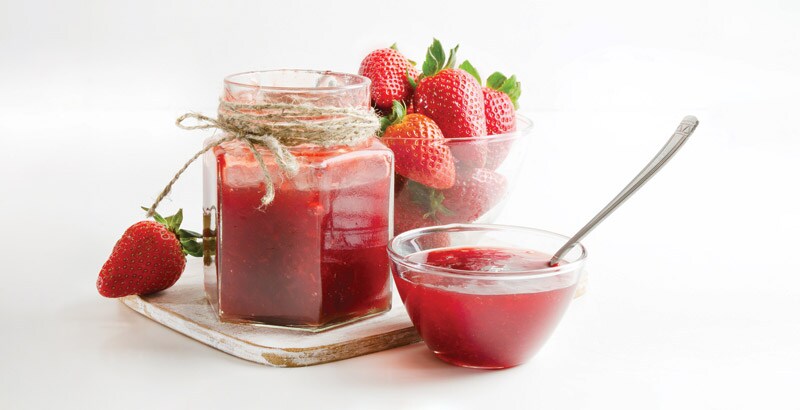
Obviously, your teeth go wherever you go, but it's not difficult to take them for granted. Working them out and keeping them strong is just as important as it is for the rest of your body. Here are some foods you can eat (and enjoy) that will ensure your teeth stay fit:
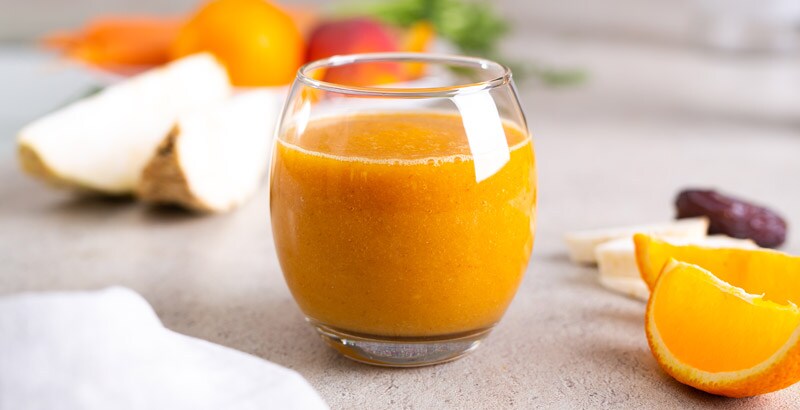
When thinking about the relationship between your diet and the health of your mouth, there's a pretty simple rule to consider: if it's bad for your waist line, it's probably bad for your gum line. Here are a few foods that might taste great, but definitely don't do your teeth and gums any favors: *Note: To set the record straight, it's important to note that you are not expected to cut some of your favorite foods out of your diet, completely. Depriving you would be unreasonable (and unrealistic). The message, here, is that the foods listed come with risks to the health of your teeth and gums. However, by drinking lots of water and brushing and flossing after giving in to your cravings, you will be doing your mouth a great service, in protecting your teeth and gums.
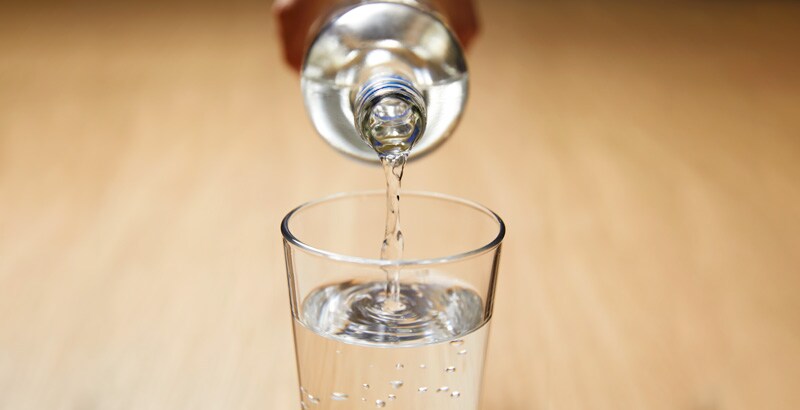
Sure, maintaining a daily brushing and flossing routine is key to your overall oral health, but so is your diet. As discussed, consuming less sugary and starchy foods will limit the growth of new plaque-causing bacteria, but there are foods and common products that can aid in the removal of existing plaque. By consistently eating these types of foods, you’ll get the added bonus of boosting your immune system. Once you start to see the benefits, you’ll quickly become one of those annoying people who actually enjoy good oral care.
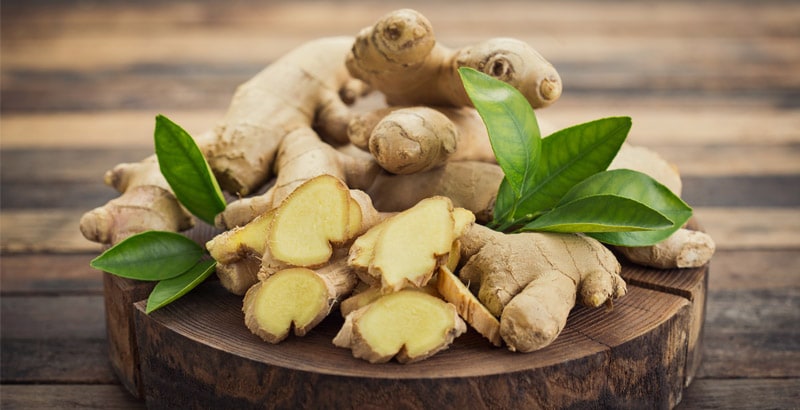
What’s the first thing that comes to mind when you catch a whiff of your own bad breath? It’s easy to feel self-conscious, but you’re not the only one. In fact, the cosmetic breath industry brings in an average of $2 billion dollars, annually, for minty, temporary relief. However, if gum and breathmints aren’t going to satisfy your worries, there are more lasting solutions. Here are a few foods that can help stop bad breath at the source:
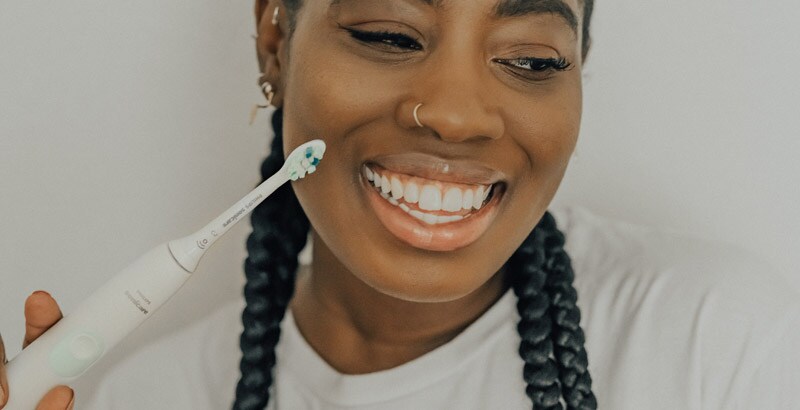
There are multiple schools of thought around the best times to brush. Traditionally, Dentists have instructed patients to adopt the morning-and-evening model. More recently, though, some Dentists have begun to recommend that you brush 45 minutes after each meal to ensure that you’re actively removing the sugars and acids that stick to your teeth when eating (and cause plaque build-up). Note: Eating certain foods has the potential to weaken tooth enamel. Be sure to wait at least 45 minutes after eating, before brushing, to give your teeth enough time to re-harden. Whichever option you choose, it’s important to brush twice a day for at least two minutes per session, and floss (or use an interdental cleaner) at least once per day. This combination of daily oral care is sure to minimize plaque and discoloration. Using a Philips Sonicare electric toothbrush is a great way to ensure you’re getting the most out of your brushing time.
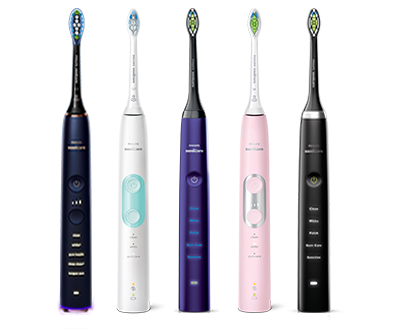
You are now exiting the Philips United States (US) site and entering the Philips global site. This content is intended for a global audience. It may not apply to the US and should not be interpreted as meeting US standards, executive orders or regulations.
Continue